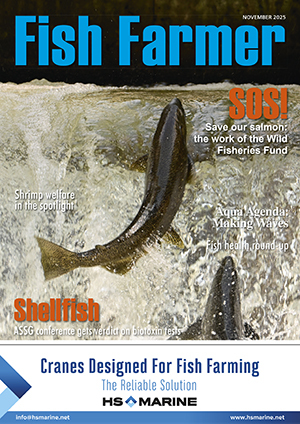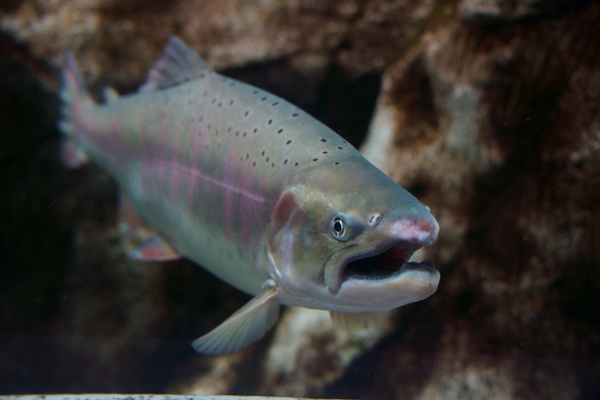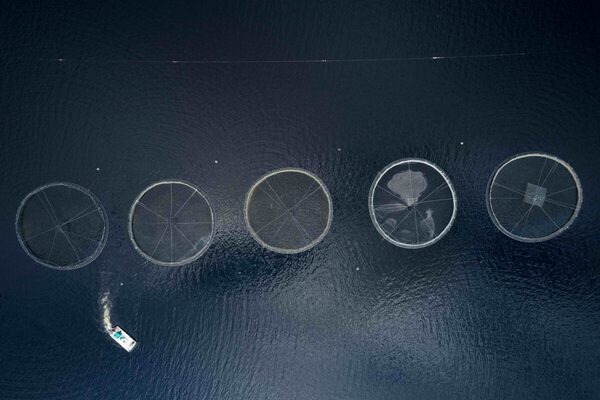Seal deterrence system makes debut in Canada
A ground-breaking technology developed to protect farmed fish from seal predation is being used in Canada to protect their wild cousins.
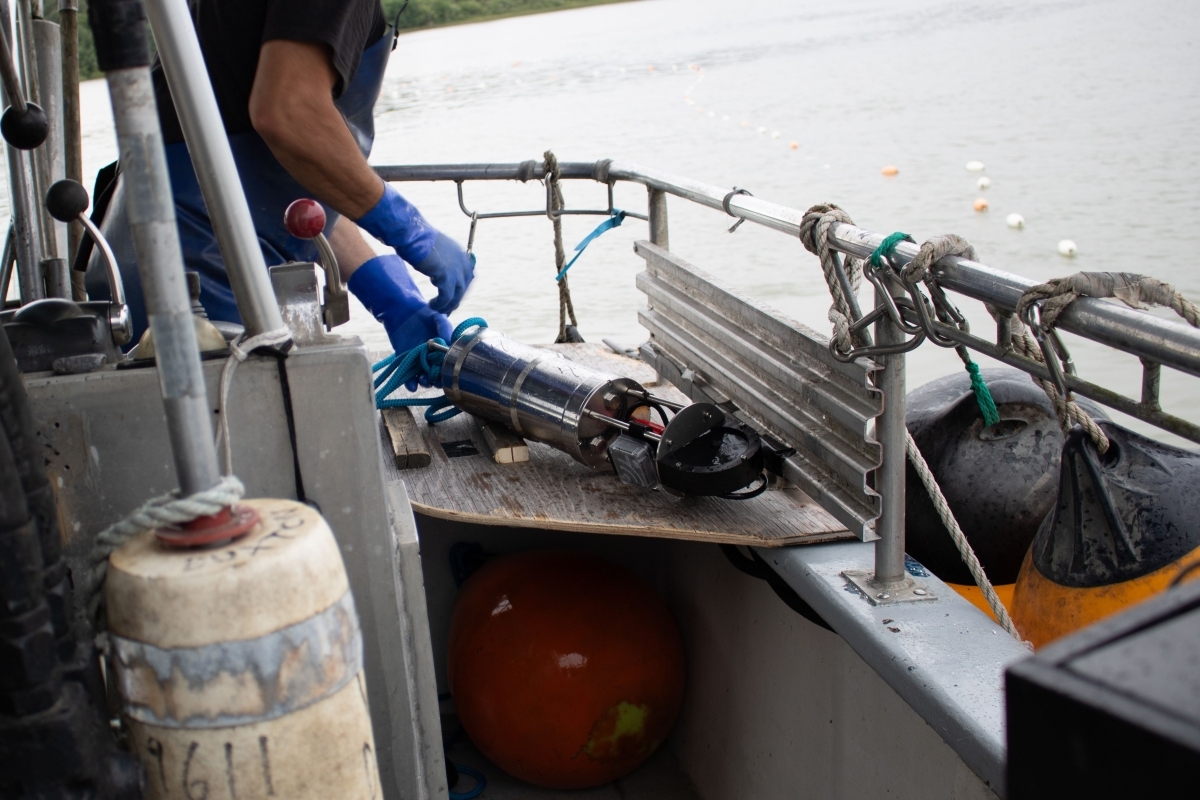
Targeted Acoustic Startle Technology (TAST) is being deployed to protect wild salmon in the Fraser River, in British Columbia on the Canadian Pacific coast. TAST uses acoustic signals in short bursts to trigger a startle response. It can be set to target specific taxons (species groups) and creates minimal disturbance for fish and other marine mammals, while harmlessly deterring seals and sea lions.
Originally developed at the University of St Andrews, Scotland, TAST technology has been rolled out on a commercial basis by tech company GenusWave.
For the Fraser River project, GenusWave is working with Fisheries and Oceans Canada (DFO) and the Pacific Salmon Commission (PSC).
Kylie DaCunha, Director of Special Projects for GenusWave, said: “We are excited to bring this innovative, science-based solution to the Fraser River. TAST has demonstrated remarkable results around the globe, and we look forward to supporting salmon conservation and fisheries management efforts in BC.”
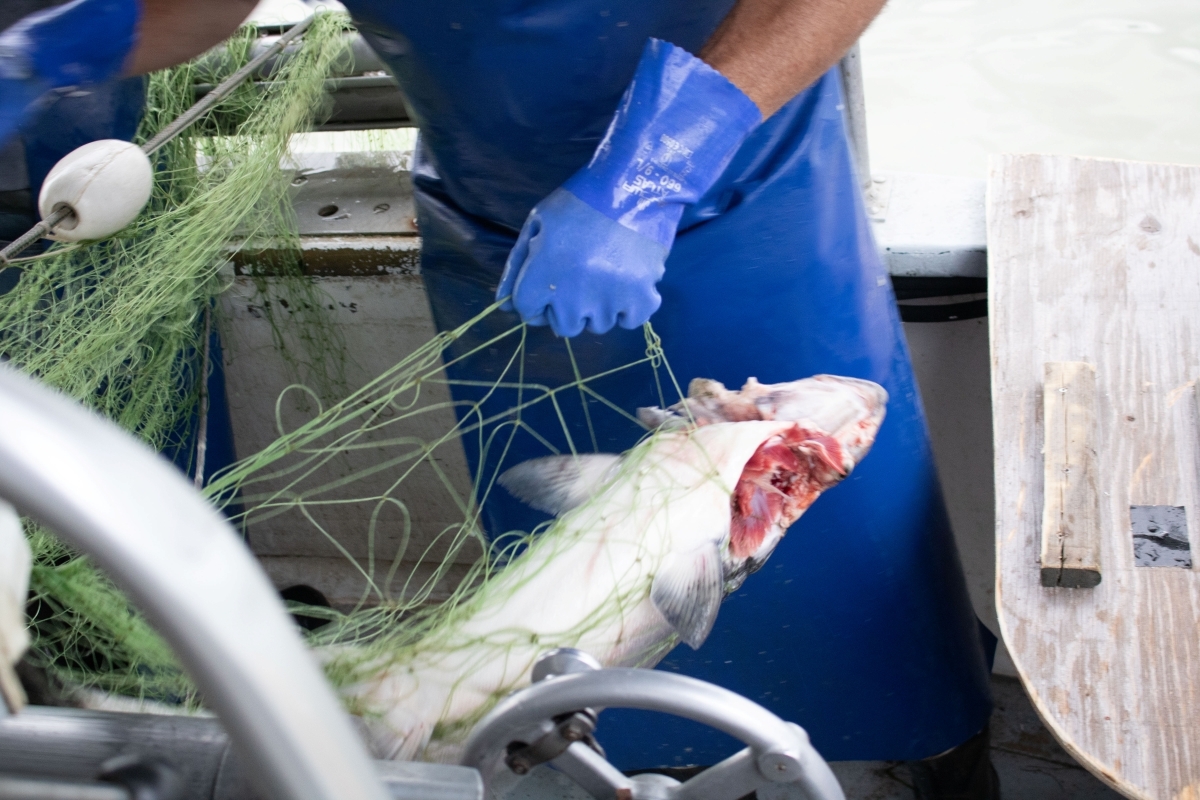
Protecting hatchery salmon in Washington State
TAST has also been deployed further down the coast in Washington State, USA.
Brittany Palm-Flawd, Faculty and Hatchery Manager at Bellingham Technical College in the state, said: “In partnership with the local tribes and state fisheries, the Bellingham Technical College’s Fisheries and Aquaculture Sciences training program operates a salmon hatchery that supports local fisheries and helps feed an endangered population of orcas. Students graduating through our college program operate a full-scale stock enhancement hatchery and train on all stages of fish culture from broodstocking to release.
One of the challenges our program faces is a growing population of pinnipeds that consume the returning adult salmon in our local creek. Working with our co-managers and other research partners, we were fortunate to operate the TAST at our training hatchery for a pilot project. We saw an immediate reduction in pinniped predation on our returning salmon, allowing the students to harvest the fish and fertilise eggs for continued hatchery operations.
“We are now looking to expand our use of the TAST to improve salmon returns and train students on emerging technology for aquaculture. The team at Genuswave have been incredibly supportive of our students and our college’s mission to provide workforce development for fisheries and aquaculture industries. We look forward to working more with the TAST and the GenusWave members to continue training students on the latest hatchery technology and culturing salmon to feed our finned and limbed community.“
Why not try these links to see what our Fish Farmer AI can tell you.
(Please note this is an experimental service)
